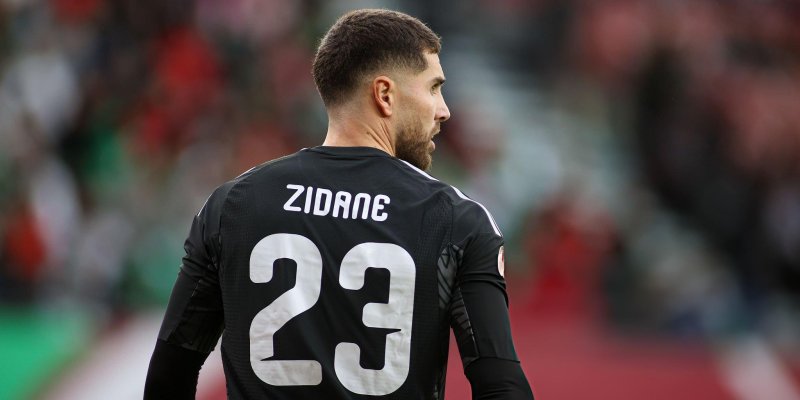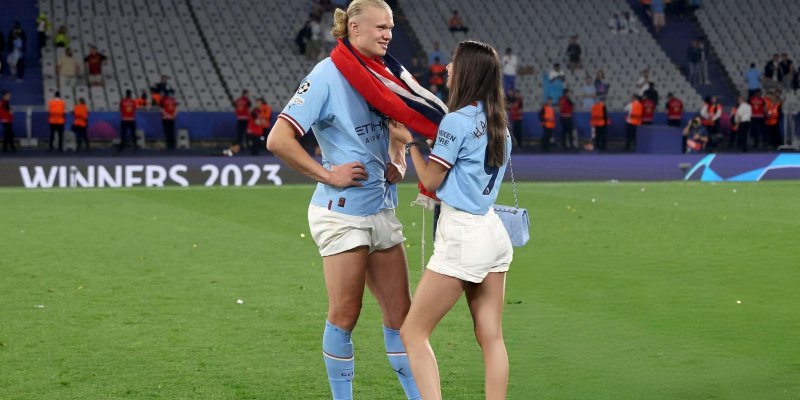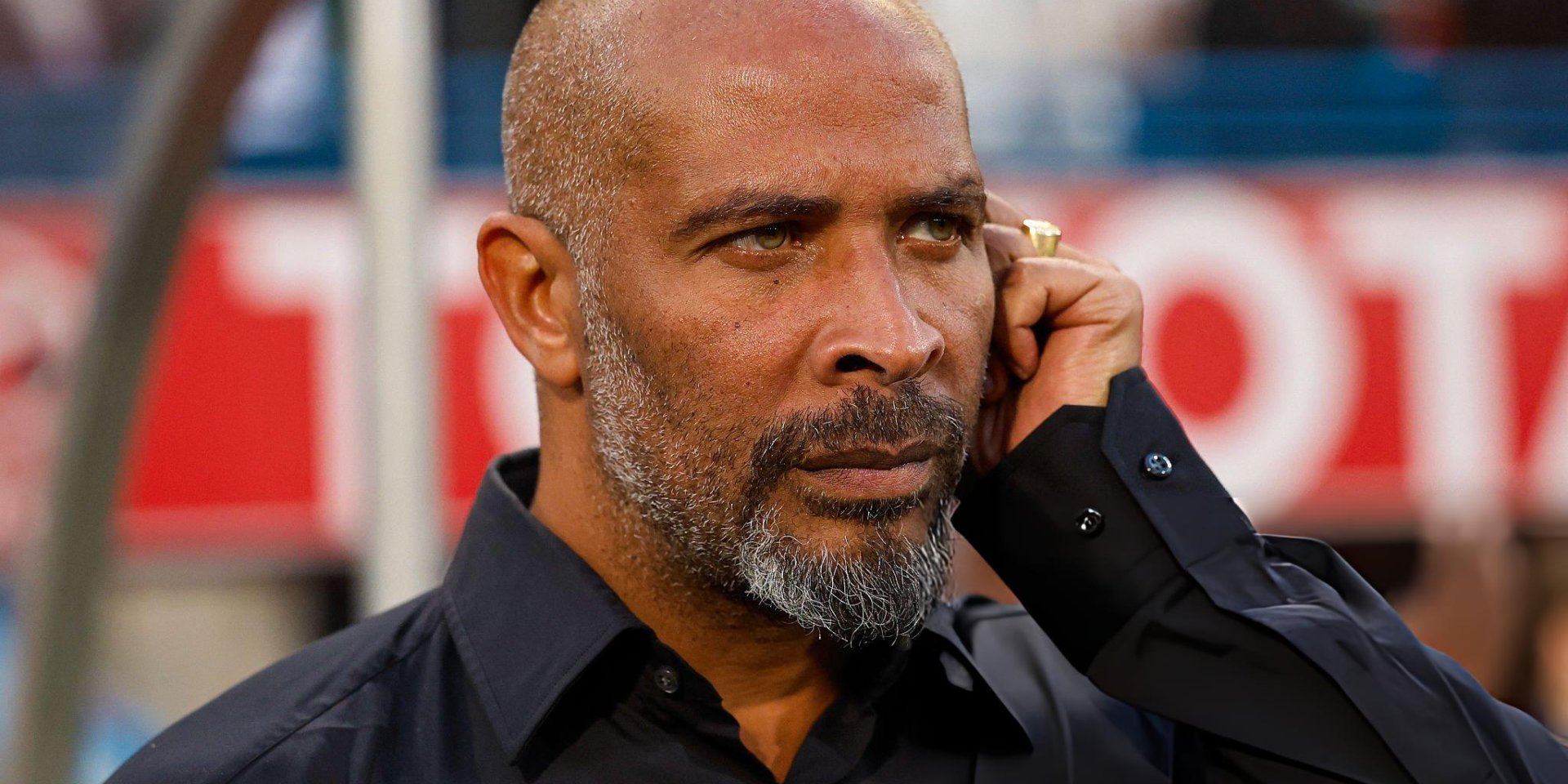
The Nigeria national team once again lived through the nightmare of African qualifying: even with an expanded quota and an attack at the level of the top European leagues, the side of Victor Osimhen and Ademola Lookman will stay home during the next World Cup. The intercontinental play-off spot went to DR Congo, and instead of talking about penalty tactics and psychology, Nigeria head coach Eric Chelle started talking about voodoo and maraboutage.
Voodoo on the Spot: An Outburst of Anger During the Shootout
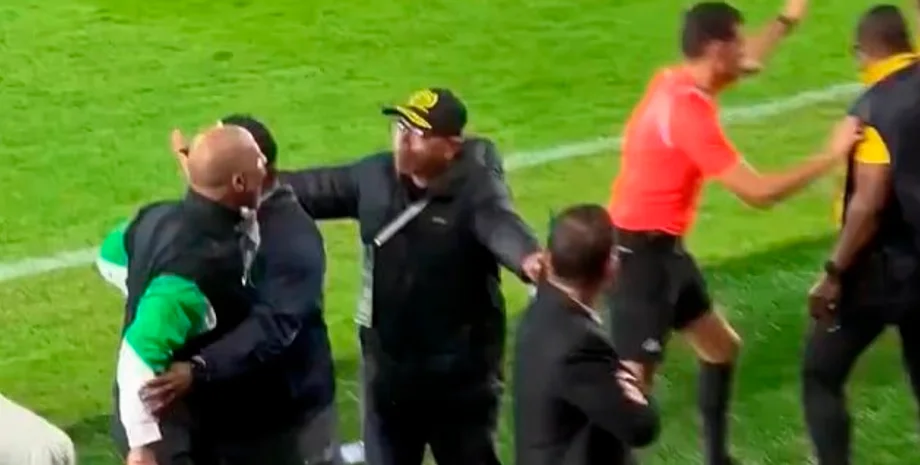
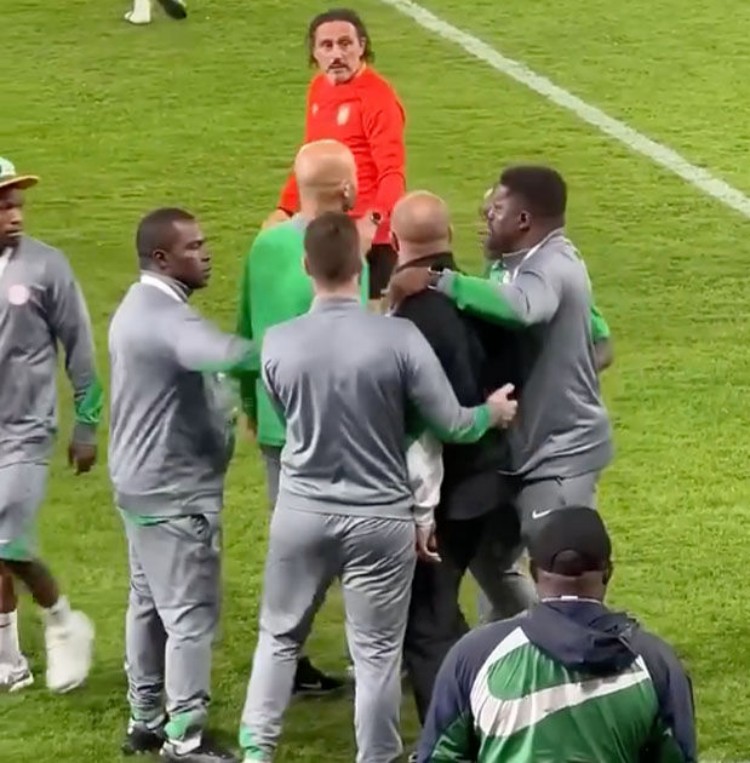
The key episode happened in the penalty shootout itself. Chelle was so irritated by the behavior of one of the members of DR Congo's staff that at some point he simply turned away from the opponent's decisive kick. And immediately after his team missed, he sprang from his seat and ran towards the Congolese bench — people had to step in to restrain the coach even after the football spectacle had ended.
Later it became clear what exactly had set him off. According to the 48-year-old coach, during the entire shootout “a member of DR Congo's staff was performing a voodoo ritual” near the penalty spot. In the mixed zone, Chelle explained in English:
“For the whole penalty shootout one of the guys from DR Congo was doing a voodoo ritual. He was doing it all the time, all the time, all the time. That is why I was a little bit nervous because of him. He was doing like this” — and the coach showed a gesture as if someone were sprinkling something with water. — “I don't know if it was water or something else.”
At the press conference he switched to French and added: “The boys from DR Congo were doing maraboutage.” Thus, a conversation about tactics and substitutions instantly turned into a discussion about witchcraft and “unclean” help.
Maraboutage and Shamans: The Shadows of African Football
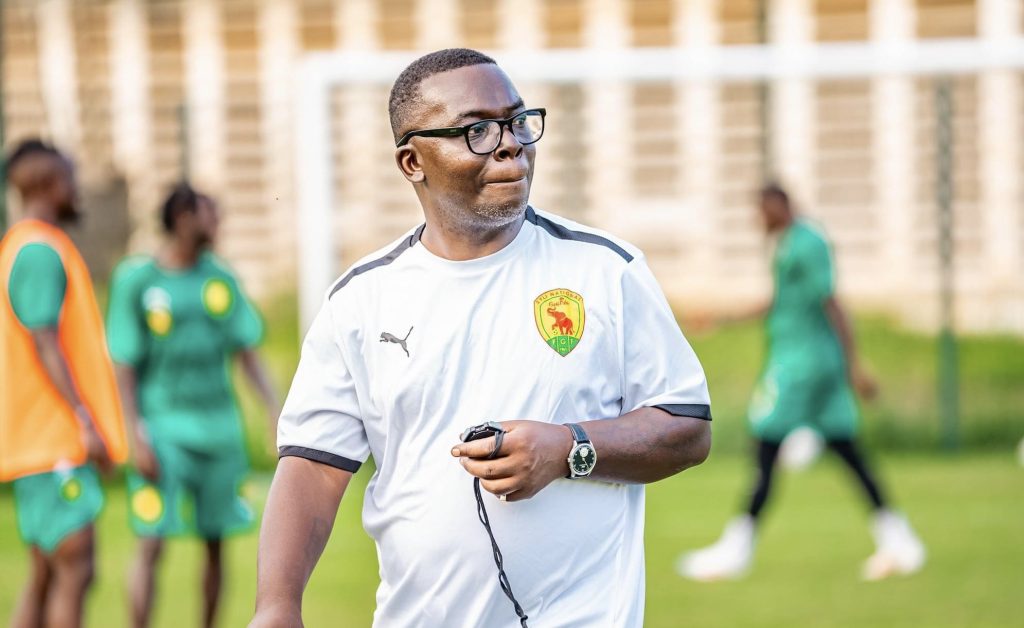
Maraboutage is a form of magical influence associated with traditional African practices and superstitions. The “operator” in such cases is usually a marabout — a figure at the crossroads of healer, sorcerer and religious authority in West African countries.
Football has been familiar with this topic for a long time. It is enough to recall the high-profile story around Paul Pogba, who was accused of allegedly turning to a shaman with a request to place a curse on Kylian Mbappé. It is exactly this kind of character — a marabout — who stands at the center of such rumors: sometimes he “cleanses” boots, sometimes he “shuts” the goal for the opponent, sometimes he “opens” it for his own striker.
For a European fan it may look like a blend of folklore and theatre, but in African football belief in magic is still very strong. That is why Nigeria's accusations against DR Congo do not sound like something unique — rather, this is another episode in a long story about how the football pitch intersects with traditional beliefs.
A Coach Between Two Worlds: Who Is Eric Chelle
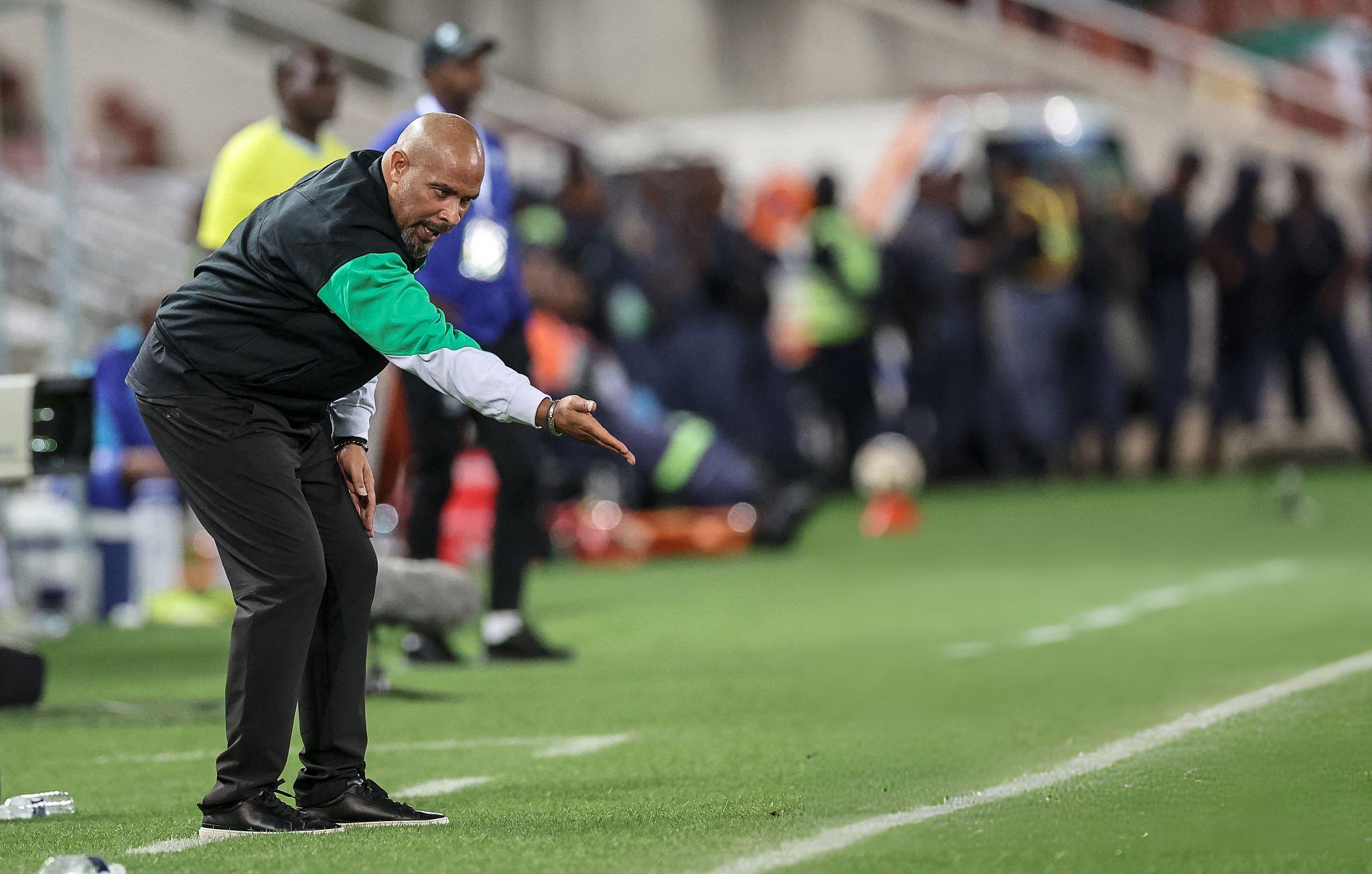
Eric Chelle himself is a man at the crossroads of cultures, which makes his words particularly noteworthy. He was born in Cote d'Ivoire to a French father and a Malian mother, holds both citizenships and knows very well how European rationalism coexists with African mysticism.
Chelle spent almost his entire playing career in France: in the 2000s he appeared in Ligue 1, won Ligue 2 twice and once reached the top of Ligue 3. After retiring he gradually moved into coaching. From 2021 to 2024 he was in charge of the Mali national team, where he earned a reputation as a system coach capable of building a clear structure of play. This year he accepted Nigeria's offer and took over a team with one of the brightest attacking lines on the continent.
But the star names did not help: Nigeria missing a second consecutive World Cup is a huge blow to the country's ambitions. And instead of discussing the choice of penalty takers and the early substitution of leaders, Chelle puts “Congolese magic” at the center of the story.
A Save From Yerevan: How Noah's Goalkeeper Became Nigeria's Nightmare
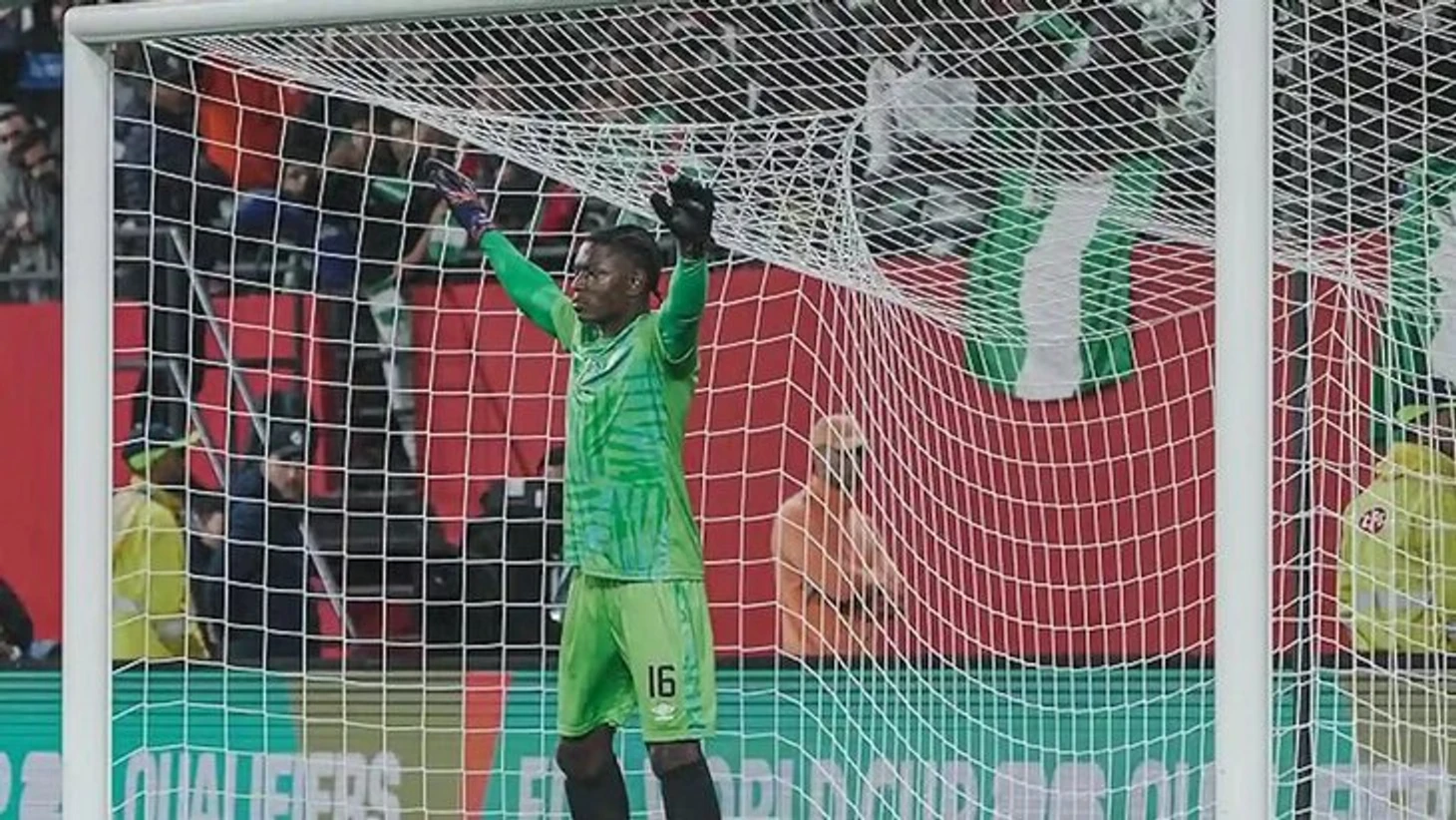
If you look for a rational explanation for the defeat, it comes down to a very specific name. The hero of the shootout was 26-year-old DR Congo goalkeeper Timothy Fayulu, who plays for Armenian side Noah and is owned by Sion. This season he is not even considered the undisputed first choice at his club and has played only four matches, and before this game he had appeared for the national team just once — in a friendly against Madagascar (3–1) this summer.
It was this goalkeeper that the DR Congo staff brought on specifically for the penalty shootout — the substitution came in the 120th minute. A move that at first might have looked like a desperate gamble turned out to be brilliant: Fayulu saved two penalties and the Congolese won 4–3.
It is telling that the decisive save came after a shot by Hull defender Semi Ajayi. By that moment Nigeria no longer had its main attacking stars on the pitch: Osimhen, Lookman and Samuel Chukwueze had all been substituted by the 57th minute. As a result, the fate of the spot in the play-offs had to be decided not by players accustomed to calmly executing decisive moments in Europe's top leagues, but by defenders and midfielders.
Expanded Quotas, Old Problems: DR Congo's Road to the Play-Offs
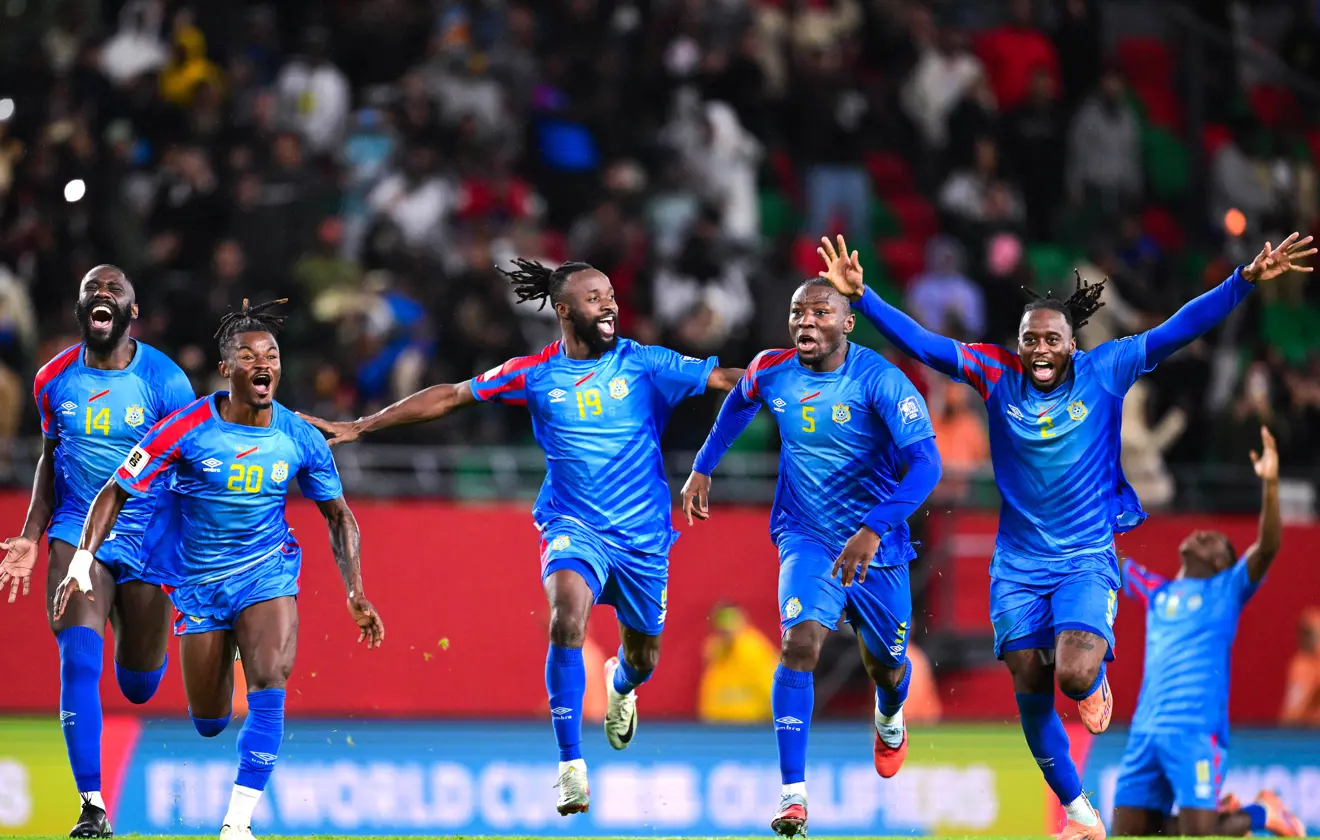
The qualifying format in Africa is no longer what it used to be. Previously, the continent had only five direct places at the World Cup; now Africa has at least nine berths and one more available via the intercontinental play-offs. It would seem that in such a system the giants should not be dropping out, yet Nigeria has managed to miss out for the second time in a row.
To earn a chance to play in the intercontinental tournament, Nigeria first had to go through the play-off semi-finals, where they knocked out Gabon. At the same time DR Congo eliminated Cameroon, and these results alone hinted that competition had intensified and big-name status no longer guaranteed success. In the final, the teams exchanged goals before the break and took the game all the way to a penalty shootout, where Fayulu stepped up.
Now it is DR Congo that will continue the fight. A team featuring Axel Tuanzebe and Aaron Wan-Bissaka will play in the intercontinental play-offs — a mini-tournament of six national teams. The two sides highest in the FIFA rankings will go straight into the play-off finals, while the remaining four will play semi-finals to earn the right to face them. The winners of the finals will book their tickets to the World Cup.
Part of the line-up is already known: in addition to DR Congo, Bolivia and New Caledonia will take part. Two more teams will come from North America, and the last place from Asia will be contested by the UAE and Iraq. All the decisive matches are scheduled for March 2026 — that is when we will see whether “African magic” works away from the continent.
Between Mysticism and Management: What Nigeria's Failure Teaches Us
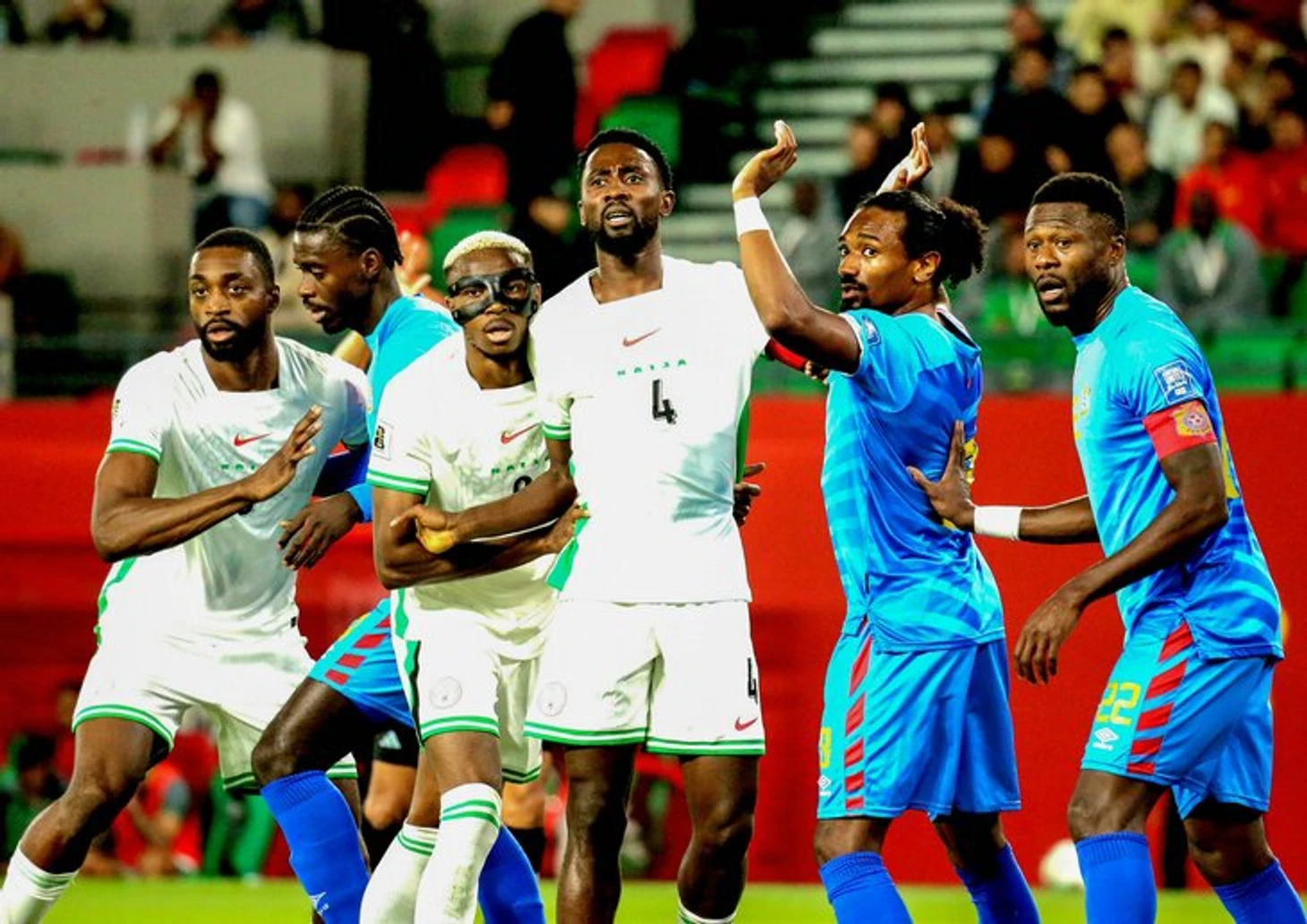
The story with accusations of maraboutage fits perfectly into the canon of African football folklore: curses, shamans, rituals on the touchline. But behind the veil of mysticism it is easy to forget about the things that actually decide the result: smart rotation, thorough preparation for the penalty shootout, the psychology of leaders and the quality of the coaching staff's work.
DR Congo went through a tough path, beat Cameroon, withstood Nigeria's pressure and coolly converted their penalties from the spot. The coaching staff were not afraid to take a risk by entrusting the fate of the match to a goalkeeper without major international experience — and they got it right. That is not necessarily magic; it is also courage, analysis and attention to detail.
Nigeria, instead of dissecting their mistakes down to the smallest details, have found a convenient but dangerous excuse — “we were cursed”. But however many times the word “maraboutage” is uttered, the scoreboard does not care. All it shows is a 4–3 win for DR Congo and a new blow to the ambitions of one of the most talented national teams on the continent.

